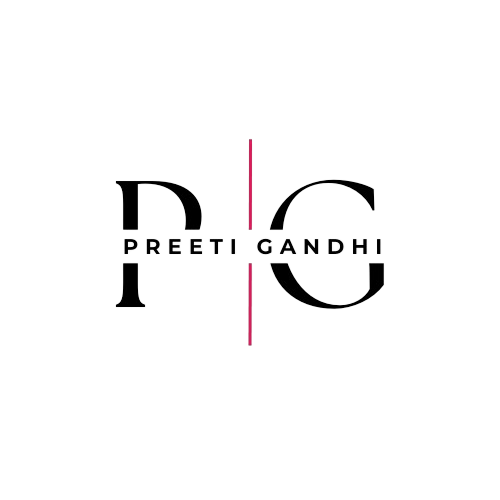When understanding the intricate world of entertainment law, grasping the nuances of an option agreement is crucial for any scriptwriter, author, or creator looking to adapt their work for the screen. An option agreement essentially provides a production house or a buyer the right — but not the obligation — to turn your narrative into a film, series, or other formats. This article covers the essential components of option agreements, highlighting what they mean, how they affect your rights, and what to watch for during negotiations. Armed with this knowledge, you’ll be in a stronger position to protect your interests and negotiate more favorable terms.
Defining Option Rights Clearly
When granting option rights, it’s crucial to specify key terms in detail to avoid misunderstandings. This includes the duration of the rights, geographical regions covered, languages included, and the intended format (movie, series, etc.). Clearly outlining these elements ensures both parties are aligned from the start.
Understanding Option Fees
Option fees are usually lower compared to fees for an outright script purchase. This is because an option fee essentially pays for the exclusivity of holding your story with that buyer during the option period, not for the actual production use of your screenplay. With option fees being relatively small, negotiating favorable terms around duration, extensions, exclusivity, and future rights takes on greater significance.
Exclusivity Considerations
Exclusivity is a central component of option agreements, restricting you from offering your work to other buyers during the option period. Key aspects to consider:
– Option Duration: Negotiate a duration you’re comfortable with, commonly between 12–18 months, allowing the buyer enough time for development and pitching to studios.
– Extension Terms: Ensure any extensions of the option period are not automatic and include an additional fee that appropriately reflects the value of the initial option fee.
– Rights of Refusal/Offer: ROFR (Right of First Refusal) gives the original buyer the right to match any new offer after the option expires before you can engage that offer. ROFO (Right of First Offer) allows the original buyer to make the first offer to extend before the option expires. A ROFO can be preferable to preserve flexibility after the term ends.
– Territorial/Format Limitations: Consider limiting exclusivity to specific territories, formats (film, TV, etc.), or languages. For example, granting a U.S. buyer exclusive North American rights or only for TV series adaptations.
Planning Ahead for Production
If your work moves into production, it’s critical to outline expectations and guidelines upfront in the option agreement. This lays the groundwork for the buyer’s negotiations with potential studios:
– Credits: Specify the way you will be credited for the adaptation.
– Compensation: Clearly define the financial compensation you expect to receive if the project gets green-lit.
– Derivative Rights: Ensure you retain control over rights to any derivative works like prequels or sequels. Producing these should require a separate negotiation.
– Creative Involvement: If you want an active creative role in the adaptation, stipulate your involvement level in decision-making and ensuring you are included in key meetings.
Safeguarding Your Work’s Confidentiality
Including a strong confidentiality clause is critical for safeguarding your story and creative ideas throughout the negotiation and pitching process. This clause should contractually bind the buyer as well as any studios involved to maintain full confidentiality of your proprietary work.
Understanding and negotiating an option agreement is key to protecting your work and setting yourself up for success in the entertainment industry. Each clause — from defining the scope of rights, managing exclusivity, to outlining future production roles — plays a crucial role in securing both your immediate and long-term interests. Approach these negotiations not just as a formality, but as a strategic opportunity to shape the future of your creative projects. By being well-informed and clear in your negotiations, you’ll ensure that your vision has the best possible chance of coming to life on screen, while keeping your rights intact. Stay proactive, stay informed, and remember that a strong agreement lays the foundation for a successful adaptation.
Have any other insights or questions about negotiating option agreements? I’m happy to discuss further and provide any clarification needed to help you master this process. Let’s keep the conversation going!
Decoding Release Forms, Option and Screenplay Purchase Agreements — Part 2
- admin
- July 18, 2024
- 1:33 pm

